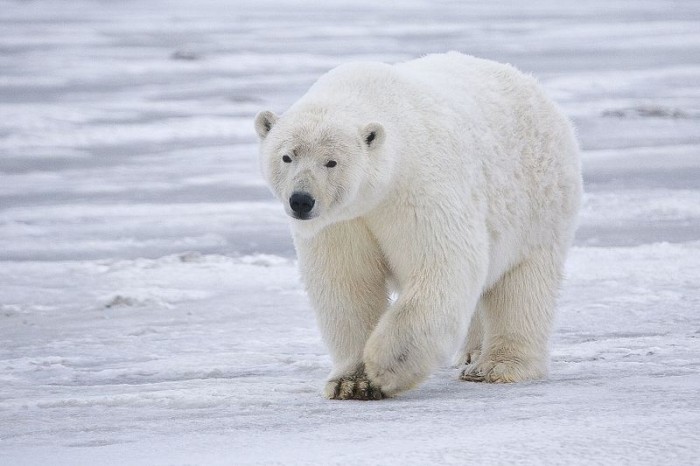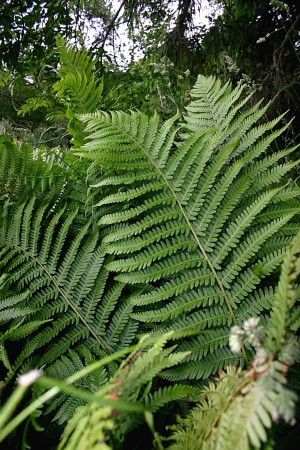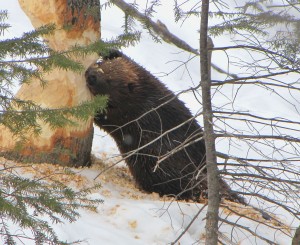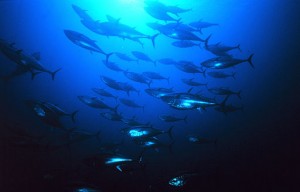Frozen planet: Does it Really Matter Where the Scenes are Shot?
Recently news broke that some of the footage in the series was not actually filmed in the wild, this has angered people and led to accusations of the BBC misleading viewers.
 Image: By Alan D. Wilson (naturespicsonline.com ([1])) [CC-BY-SA-3.0 (http://creativecommons.org/licenses/by-sa/3.0)], via Wikimedia Commons
Image: By Alan D. Wilson (naturespicsonline.com ([1])) [CC-BY-SA-3.0 (http://creativecommons.org/licenses/by-sa/3.0)], via Wikimedia Commons By Caroline Dunn
MSc in Biodiversity, Conservation and Ecotourism, @Caroline005
Frozen planet has been a huge hit for the BBC and has captivated an audience of over 8 million people. Amazing footage that took years to collect was brought together in a fascinating series that showed viewers a world few of us will ever get to see firsthand.
Recently news broke that some of the footage in the series was not actually filmed in the wild, this has angered people and led to accusations of the BBC misleading viewers. The footage in question is of a polar bear mother with her cubs in her den. The video was actually filmed in a zoo in Norway and this has shocked many people.
The BBC has explained that they have in fact clearly explained the parts of the program that were artificially made on their web page. Many reporters however, are treating the story as though it is a huge industry cover up and they argue that it should be clearly explained during the program. Sir David Attenborough argues that to say during the program where and when footage was taken would spoil the atmosphere that they were trying to create. According to polls the viewers agree that this would spoil the program but some viewers are still upset about the news.
I can see why some people feel mislead, if they believed that the polar bear footage was of a wild polar bear, they may feel disappointed that it was in fact a captive bear. Giving this matter further thought, isn’t it better that a wild bear wasn’t disturbed during the vulnerable time of nursing young? Also isn’t it better that another person didn’t have to risk their life to fit a camera in a wild bear’s den? I would imagine it would be near impossible to get such images of a wild bear without huge risk to personal safety and also risk for the bear and cubs. I found the footage amazing and the fact that the bear happened to be a captive bear doesn’t make it any less amazing.
I personally don’t see what the big deal is. The series Frozen planet was a product of hard work, commitment and determination, it is a pity that some people can’t help themselves but to find fault somewhere, thankfully this accounts for a very small proportion of the viewers and most of us enjoyed the series immensely and are eagerly awaiting Sir David’s next documentary series.





2 Comments
Great post Caroline! I can see why people could argue for and against this. One the one hand it makes for a captivating program, that embodies the purity of nature. On the other, when wildlife film-makers use various tricks of the trade to hide the true context of the images being shot, does that limit any kind of educational potential these shows have for the general public?
There is no need to disrupt wildlife for the sake of making a film. The guidelines for filming in Antarctica are so strict (for good reasons) that the film crews and scientists have to bring back there own feces. I know this was not in Antarctica obviously but similar precautions should be taken nonetheless.
If they had attempted to film a wild mother with her cubs, chances are she would have moved away, thus killing her cubs who couldn’t possibly survive the conditions outside the den as this is taking place in the harshest time of the winter.
This was the least intrusive way of capturing these extaordinary images, and the BBC were honest about it, they didn’t attempt to hide it from the viewers, but merely took their feedback onboard as the overwhelming majority of viewers responding to a survey said they didn’t want to see or hear this type of disclaimers during the program.
Well done the BBC for the great scientific work, and giving us the chance to see some wonderful footage whilst respecting the lives of wild animals.